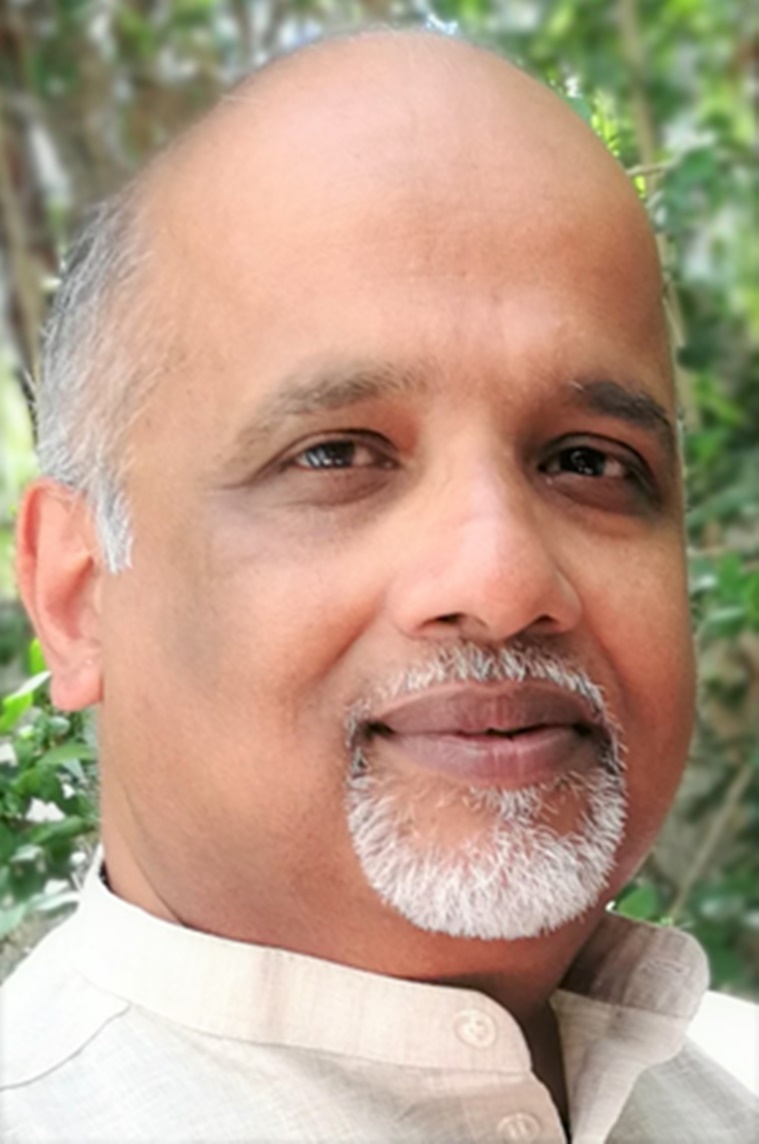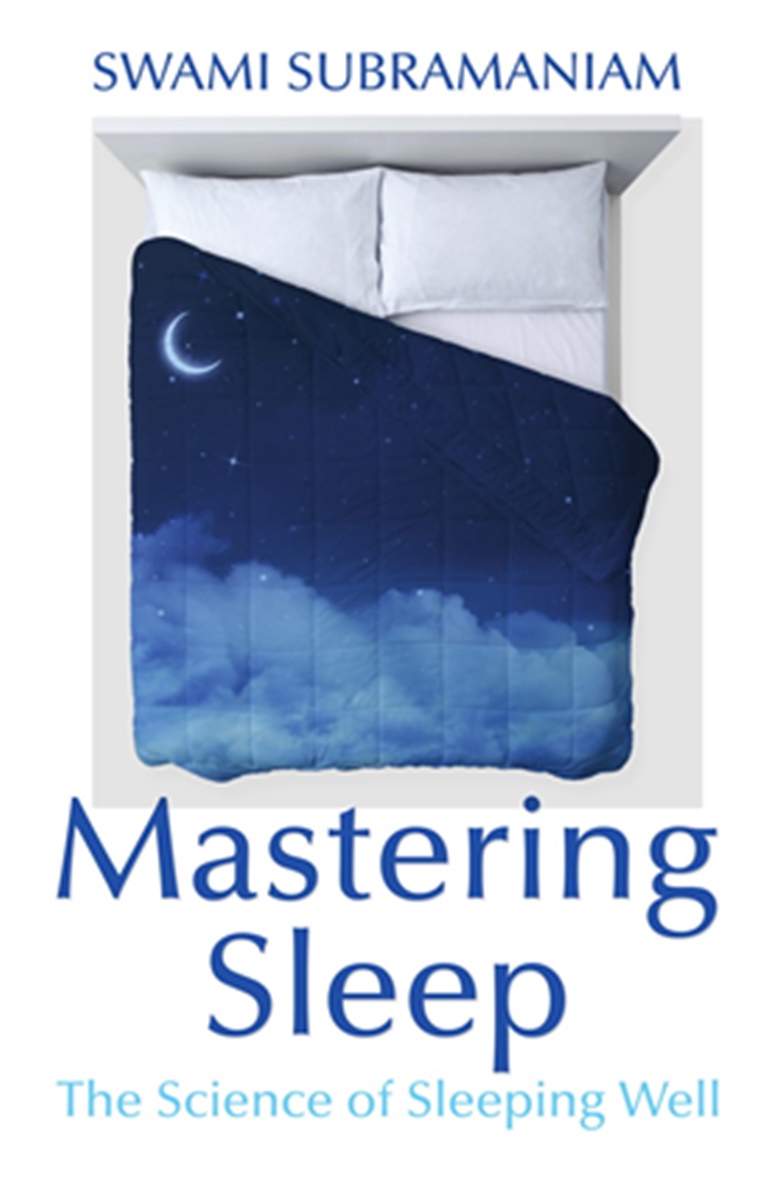Written by Shweta Sharma |New Delhi |Published: March 5, 2019 4:46:07 pm
Get some shut-eye: Uncovering the mysteries of sleep
In the book, which is laid out in four sections - understanding, losing, managing and mastering sleep, author Swami Subramaniam explores sleep and why it can be used as a tool to improve health and performance.

“We spend a third of our lives sleeping”, writes Swami Subramaniam in his book Mastering Sleep: The Science of Sleeping Well. A physician, pharmacologist, and neuroscientist, he also writes that sleep is critical not just for existence, but also for how well we perform in our daily lives. “Despite this, we do a poor job of getting sufficient sleep,” he states.
Published by Pan Macmillan India, the book explores the many facets of sleep and tries to answer questions related to it.
Excerpts:
What led to the idea behind a book on sleep?
While researching a nutritional intervention to promote sleep, I realised that sleep has a huge impact not just on day-to-day performance but also on chronic lifestyle diseases. This information needs to reach a wider audience, hence the book.
Why do you think sleep has not been explored as a subject in books until now?
In the 1980s experiments were done showing the importance of sleep. Scientists at the University of Chicago showed in an elegant experiment that rats, when deprived of sleep, die after about 20 days. This brought to public attention, quite starkly, the importance of sleep. Since then we have discovered many fascinating things about sleep and its role in health and disease. Since powerful imaging techniques that show what is happening in the deeper parts of the brain were developed and refined only in the 1990s, progress was initially quite slow. In the last decade, sleep research has progressed enormously and the time for writing a book capturing this science and relating it to managing health has arrived.
It is believed that 7-8 hours of sleep is essential for humans – is it true? Also, how essential is a siesta?
The figure of about 8 hours of sleep comes from large studies and is an average number. Most of us require between 7 to 9 hours of sleep. Equally important is the quality of sleep, something that is harder to measure. Even if you sleep for 9 hours but do not have enough deep sleep, then sleep is not restorative.
Some of us, as we grow older, have the habit of napping in the afternoon. Around 3 pm the body clock increases the pressure to sleep. Most people can get by without a nap. If you nap then it is best to restrict it to less than 30 minutes. Studies have shown that afternoon naps have a salutary effect both on general health and cognition. Companies have found that an afternoon nap increases productivity.

Many leaders are believed to sleep for about 3-4 hours – how healthy is this habit?
A few individuals have genes that make them ‘naturally short sleepers’. They require only about 4 hours of sleep and seem no worse for the wear, at least in the short term. But this genetic predisposition is rare. In most cases, leaders unwisely adopt punishing work schedules as a choice. They will suffer serious health consequences down the road.
What are the effects of lack of sleep – do they show immediately?
A night without sleep has measurable effects the very next day; performance is impaired on tasks requiring concentration and attention (tragically seen in drivers who face accidents as a consequence of sleep deprivation). Going for a little over 17 hours without sleep makes you as impaired as someone legally drunk. Chronic sleep deprivation increases the risk of obesity, diabetes, hypertension, heart disease, dementia and cancer.
What are the dos and don’ts for a good night’s sleep?
There are a number of routines that aid good sleep both pre-bedtime and while in bed. These include avoiding blue light (from digital devices) before sleep, maintaining regular sleeping hours, practising a mindfulness routine before bedtime, sleeping in a cool room insulated from noise and light and sleeping on a mattress that suits your preference.

How can you ‘master’ sleep?
Sleep can be a strategic tool to improve performance at work and at play. Using auditory cues to improve deep sleep and loading up on sleep, prior to a competitive event are just two examples of how we can master sleep.
Would you call India a sleep-deprived nation? If yes, why do you think so? What can be done to turn the status around?
Very much so; the evidence is all around us – school children and office employees sleeping in buses show that sleep deprivation is epidemic. A tough and competitive environment, working to US time zones, plus affluent youngsters partying hard, all combine to create a recipe for sleep loss. We need a campaign to sensitise everyone to the importance of sleep.
What is the most interesting thing about sleep you came across while working on the book?
Two things: Unihemispheric sleep seen in dolphins – only one hemisphere goes to sleep at a time, so they can keep swimming and surface to breathe even while sleeping. Secondly, the pervasiveness of sleep in the animal kingdom – seen in organisms as primitive as the jellyfish all the way to us humans. It tells us something about how important sleep is for all living beings that have a nervous system.






















No hay comentarios:
Publicar un comentario